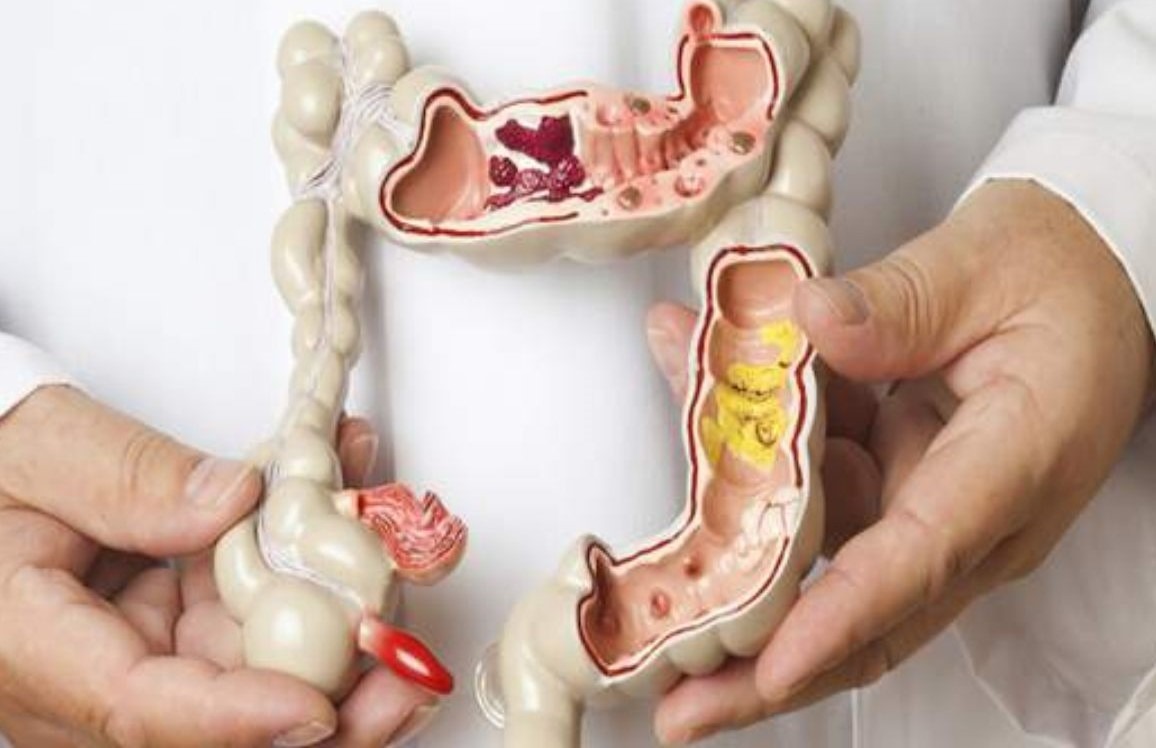Know the Causes of Anal Bleeding After Bowel Movements
Hemorrhoids can indeed cause bleeding, so it is important to know the causes of anal bleeding. Rectal bleeding can, of course, occur with some serious conditions, which include ulcers, inflammatory bowel disease, and colon cancer.
If you finish going to the bathroom and notice a small amount of bright red to black blood in your toilet bowl, on the toilet paper, or in the stool, then it is possible to experience rectal bleeding.
Hemorrhoids are a very common cause of rectal bleeding, but there are several possible reasons that might occur.
What involves after-bowel movements?
Causes of anal bleeding
Causes of rectal bleeding can range from mild to serious.
- Anal fissures: small tears in the lining of the anus can lead to bleeding and also pain when passing stools. Tears can indeed occur because of constipation or during childbirth.
- Angiodysplasia: Enlarged blood vessels do develop in the intestine. They can rather become fragile, break, and also bleed.
- Hemorrhoids: also known as piles, are masses of tissue made up of blood vessels and muscle fibers.
- Constipation: Hard stool and straining to relieve constipation can cause anal fissures and hemorrhoids, both of which can result in bleeding.
- Anal or colorectal polyps: Polyps are indeed growths that can appear in several places throughout one’s body. If polyps do develop in one’s intestine, they can bleed. Polyps are not cancerous, but a few can become malignant over time.
- Ulcers: An ulcer can form when erosion worsens in one’s digestive tract. Black, tarry stools can occur if an ulcer is bleeding higher in the gut, but an ulcer further down can produce bright red blood.
- Anal cancer or colon cancer: As tumors form, they need blood vessels to grow. The blood vessels in a person’s colon are fragile and can tear, causing bleeding. A few cases of rectal bleeding are due to colon cancer.
- Inflammatory bowel disease (IBD): This includes ulcerative colitis (UC) and Crohn’s disease. Bleeding can occur along with rectal pain and diarrhea.
- Diverticular disease: Diverticula are indeed small pouches or even bulges in the individual’s colon whereby, over time, blood vessels can erode, rupture, and bleed.
- Infections: Intestinal infections, or infections that are caused by bacteria, like salmonella, can cause bleeding.
- Bleeding conditions: Few conditions can contribute to bleeding, as they affect the blood’s ability to coagulate. They do include vitamin K deficiency, hemophilia, and a low platelet count, also referred to as thrombocytopenia.
- Damage to the upper gastrointestinal (GI) tract: Tears or other problems in a person’s stomach or even the esophagus can cause bleeding from the rectum.
Will rectal bleeding go away on its own?
Most cases of rectal bleeding in middle-aged as well as older people are due to hemorrhoids.
Tackling rectal bleeding means seeking medical help, but bleeding can also be a sign of a serious condition, like cancer.
If experiencing rectal bleeding, it is better to seek medical help, as the underlying problem has to be detected to be treated. If bleeding is rather heavy or is occurring in several bowel movements, it is best to seek one’s doctor’s advice as soon as possible.

How is rectal bleeding diagnosed?
The doctor will start by asking about the symptoms.
- Visual or physical exam: The doctor will look or perhaps feel to check the affected area. This can include inserting a gloved, lubricated finger into the anus to check for abnormalities, like hemorrhoids.
- Endoscopic procedures: The doctor does insert a thin, flexible, lighted scope with a camera into the anus.
- Blood tests: A complete blood count (CBC) can help assess the extent of one’s bleeding and show if anemia is present.
- Stool tests: This shows if bleeding is there or not.
- Gastric lavage: If the doctor suspects the problem may lie in one’s stomach, they can pass a tube via the nose into the stomach to remove the contents and try to locate the site of any bleeding.
- Imaging tests: This can be a scan or an X-ray.
Conclusion
The causes of anal bleeding are manifold.



